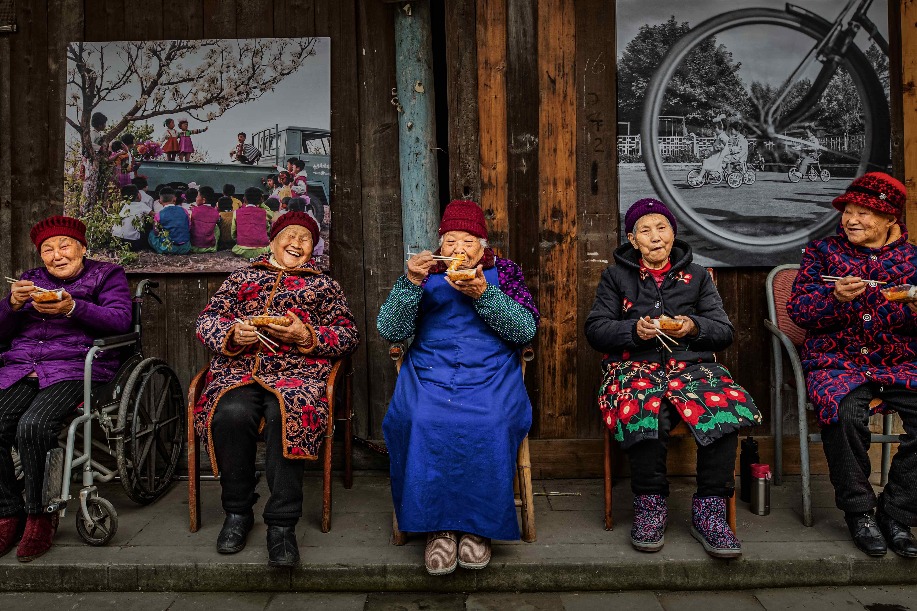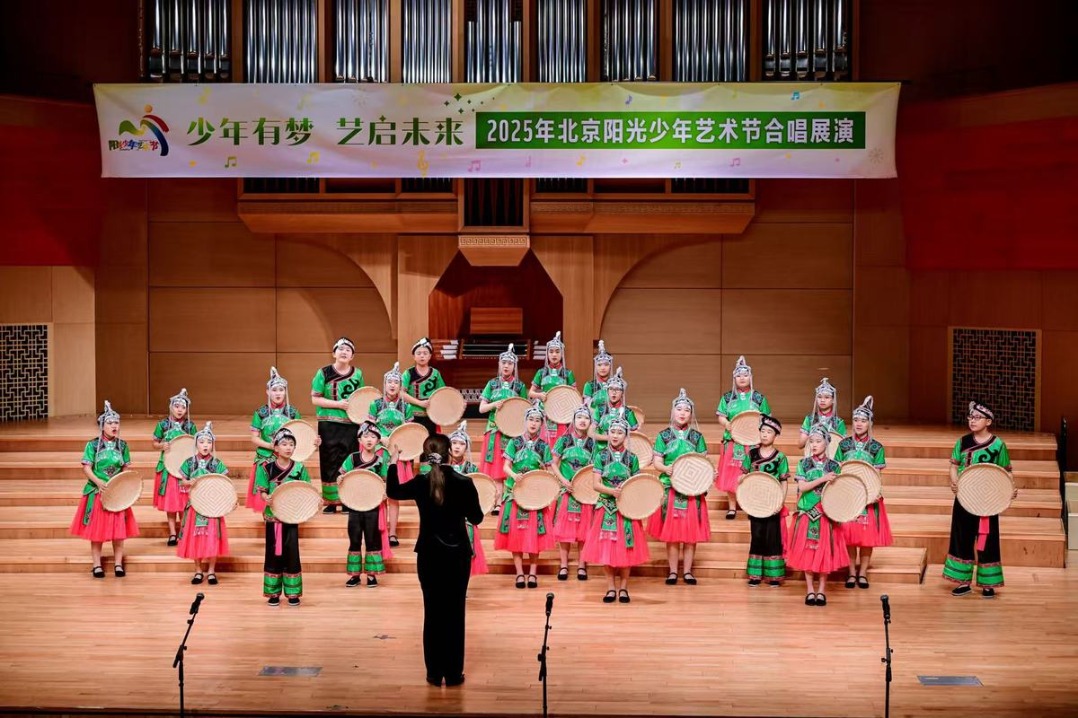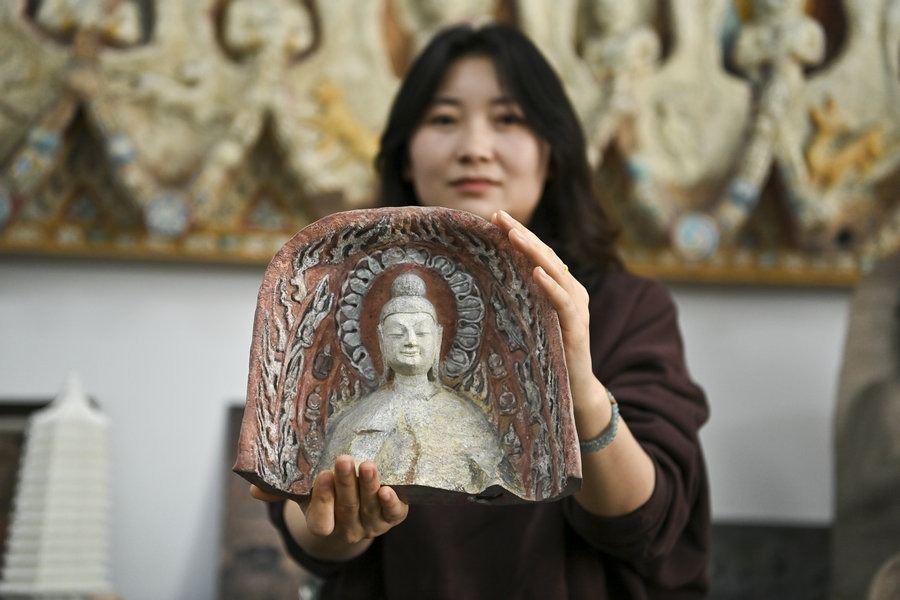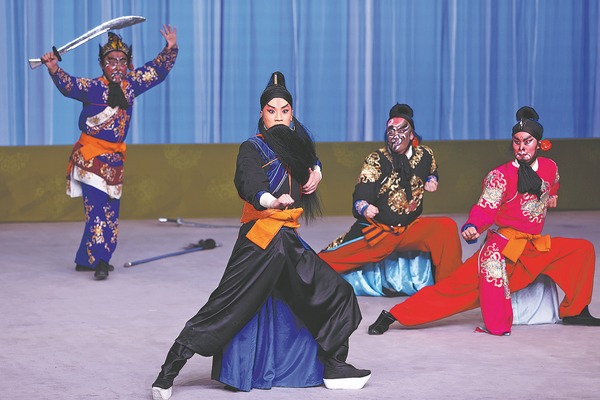Sports proving to be a tie that binds nations


"We want Chiang Mai to become a vibrant hub for such exchanges, and I sincerely hope both countries will continue to achieve greater results through sports and cultural exchanges."
Pichai Lertpongadisorn, president of the Chiang Mai Provincial Administrative Organization, conveyed his aspirations of strengthening Sino-Thai friendship through sporting endeavors, while simultaneously fostering running culture and the growth of sports tourism.
Chinese sports experts highlighted the rapid growth of the country's events sector and its economic ripple effects at the ceremony, saying that marathons and trail races have emerged as flagship models of the country's "sports-plus" economy. They believe bilateral cooperation will unleash more market potential.
Yang Yucheng, vice-president of the Shanghai University of Finance and Economics Alumni Association, and a seasoned ultramarathon runner, says the running economy is booming in both China and Thailand.
"When a city hosts a marathon or cross-country race, it attracts large numbers of participants and spectators. This immediately drives demand for accommodation, food, transport and tourism. It creates a very visible economic ripple effect," Yang says.
He calls attention to the Wuxi Marathon in Jiangsu province in March, which reportedly generated nearly 500 million yuan ($69.3 million) in local spending. In 2024, that figure was just over 300 million yuan.
"That's a huge jump, largely driven by the race's growing popularity and the influx of participants and their families, who also come to enjoy the cherry blossoms and local attractions," he explains.
While the pace of growth in running-related spending in China is impressive, he believes the sector still hasn't fully explored the potential of integrating tourism with sports events.
"There's a lot of room for improvement and innovation here," he says, adding that because of this potential, expectations from race organizers on both sides are high.
Cullen believes the signing of the bilateral cooperation agreement shows sports are more than competition, and serve as powerful tools for building relationships, creating social networks, and promoting sustainable economic, social, and cultural development within cities.
She expresses hope that the signing ceremony will mark not only the start of a fruitful collaboration, but also a new chapter in shared development and the exchange of knowledge between Asian cities.
yangfeiyue@chinadaily.com.cn





































